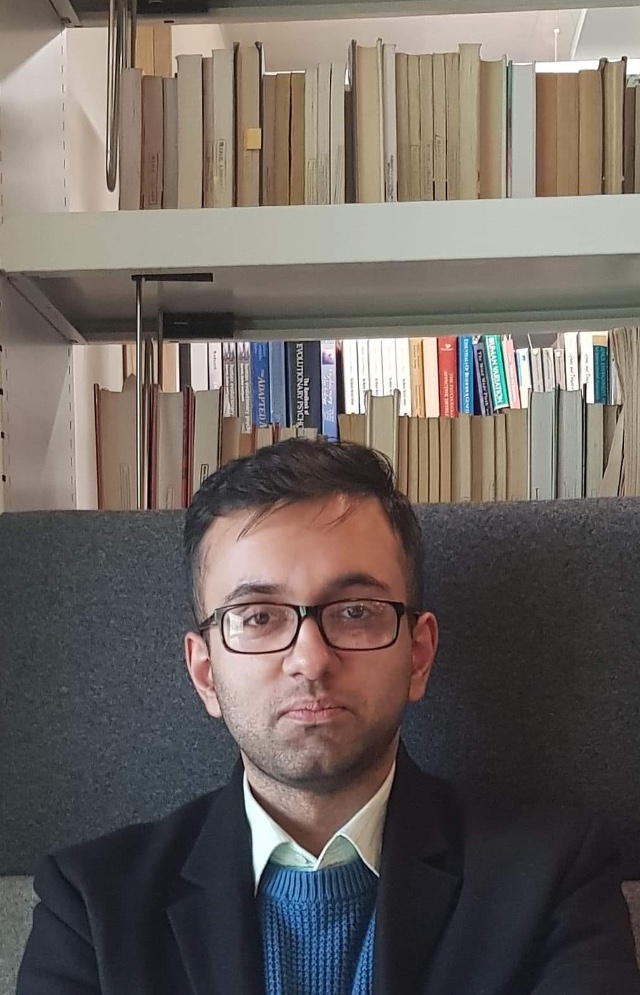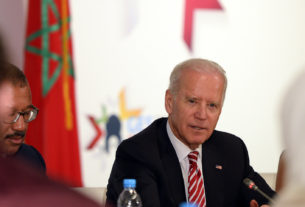Image by Miguel Á. Padriñán from Pixabay
Coronavirus is a biological virus coupled with a social disease: the spread of it has brought out the worst in humans, it has re-popularised Nazi theories of ‘the survival of the fittest’ and made us a gazillion times more selfish than before.
Imagine that you’re in a high risk category. Now, ask yourself “what’s worse than being told that you’re in an age category where you’ve a high risk of fatality if you catch coronavirus?” It’s most probably the sentiment and assumption from the younger generation and the government that you’re not worth saving.
This explicitly selfish view was expressed by some people of my generation, claiming that Coronavirus is nothing to worry about because it will only impact the elderly and those with underlying health problems. Those amateurish, online commentators who seriously believe this ought to check their moral compass and study history – because their world view reeks of Nazism.
Unfortunately, this rhetoric of ‘survival of the fittest’ is also reflected in people’s behaviour. Food banks are running short on supplies because the young and the healthy have started hoarding essential items. Empty shelves are also impacting the most vulnerable who cannot travel from one supermarket to another just to look for everyday essential items.
I experienced a shortage of supplies myself recently. There were no hand wash, hand sanitisers and toilet rolls available when I went to my local supermarkets, which was worrying news for my elderly parents because they are in the high risk category. Thankfully, I was able to go to a number of other shops to search for the items and thereby alleviate my parent’s anxiety.
Even more frightening were the words of our own Prime Minister, who warned last Thursday that “many more families are going to lose loved ones”. Couple this statement with his government’s inaction and it becomes clear that there is no willingness on the government’s behalf to actually prevent the avoidable deaths of the elderly and the most vulnerable.
Many experts believe that Boris Johnson’s inaction will leave him with blood on his hands, blood and deaths that can be avoided if we replicate the stringent measures countries like Ireland and Denmark are putting in place in spite of their low number of confirmed cases. It seems like the British government has infected itself with a sense of lethal exceptionalism, a towering ego and with a mantra of wanting to ‘do things differently’.
On Friday, the ship of morality and ethics sunk even deeper with the government advocating for ‘herd immunity’. This approach would involve the ‘60% of the population’ contracting coronavirus, according Sir Patrick Vallance, the Chief Scientific Adviser for England. If the mortality rate of Italy is anything to go by then this inhumane approach would result in a million deaths, deaths that can avoided if they don’t continue with this lunatic science experiment. In other words, the Chief Scientific Adviser for England and the Prime Minister seriously seem to believe that a million deaths are worth paying the price for the lethal science project.
Even Nigel Farage, with whom I disagree with on almost everything else, criticised this unethical approach as utterly unbelievable.
To put this into perspective, the government is giving the impression that these deaths won’t be prevented because it would only impact the elderly and those with serious underlying health conditions.
Now, one doesn’t require a sociologist to tell you that our society is falling apart. One can simply infer that conclusion from the above examples.
However, if the 19th Century sociologist Emile Durkheim was alive today he would have diagnosed Britain with the worst social disease possible: anomie. This term refers to ‘a condition of normlessness’. While we may recover from the pandemic, we will need a societal vaccine to eliminate anomie.
A major part of the problem is that we no longer feel a sense of obligation towards fellow human beings. Most people go about their daily lives as if they live in a vacuum where their lifestyle and actions do not impact those around them. This extreme, pervasive individualism has infected every sector of our society: politicians no longer feel obliged to prioritise the needs of the elderly and the most vulnerable, the young couldn’t care less about the elderly and the panic buyers don’t seem at all bothered by shortages in food banks caused precisely because of panic buyers.
After the end of this pandemic, we must fix the social diseases that Coronavirus has brought out into the open. In direct contrast to Thatcherism, we have to remind people that there exists something like a thing called ‘society’, which entails both rights and responsibilities.
But we also need to take a small step back from a global identity and transition towards a local sense of belonging. Being part of a global community is not enough to invoke peoples’ sense of responsibility towards their fellow human beings. Thinking of myself as a Londoner, or more precisely as a South Londoner, reminds me of my immediate responsibilities and fosters a sense of empowerment that I, as a young individual, can improve the lives of my fellow Londoners.
_____________________________________________________________________________

Muhammed Raza Hussain is an award-winning writer: the Extra-Mile winner of the News Quest Young Reporter Scheme 2014 and the recipient of the ‘Talent for Writing’ certificate by Young Writers. Twitter @MuhammedRaza786 | Instagram: @M.Raza.H



